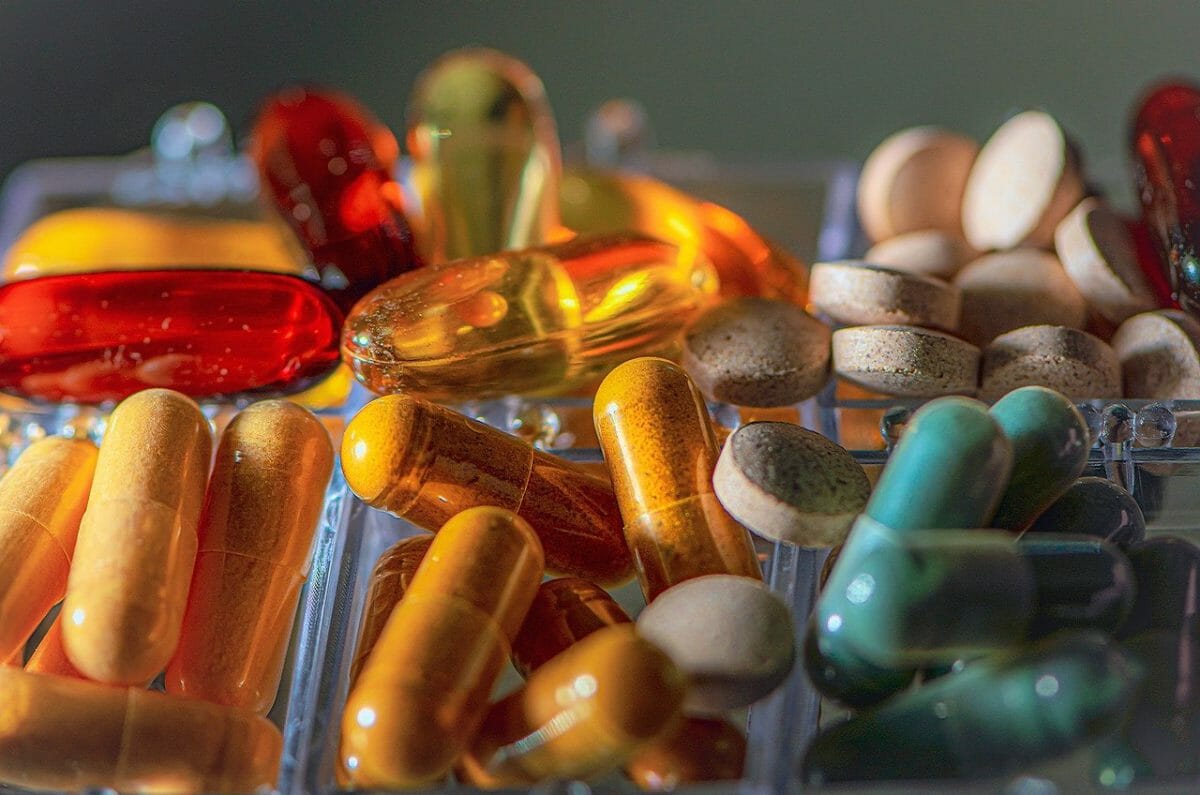If you are considering the idea of overcoming drugs, it’s important to follow a roadmap that can help you succeed. This 10-step guide will help you make the transition from a life of drug abuse from one that is fulfilling and full of promise.
As an individual who might have abused drugs or is currently addicted, you are making the most important step. It is one that will save your life for the better. Take a moment to go through this guide and go through the steps below.
Let’s begin now with the following.
Recognize there is a problem
To beat your drug issue, you’ll want to be aware that a problem exists. When this happens, you will come to the realization that you need help. You can’t let this problem go away on its own.
Once you are able to recognize that you have a drug problem, you want to disclose it to members of your immediate family. They will begin to help you recover by becoming your support group.
That support group will grow over time. From there, you will need to get an assessment done that includes a psych evaluation and a physical exam.
Find professional help as soon as possible
This will depend on the kind of drugs you are trying to get over. You will need to be diagnosed with an addiction as well as a mental health disorder. You may have displayed symptoms of a disorder that may never have been evaluated in the first place.
This could have led to your instances of drug abuse or addiction. This can lead to what is known as a dual diagnosis. It will result in a treatment plan that tackles both your addiction and mental health disorder.
If you do not have a mental health disorder, you will only be treated for an addiction. Find a facility that will fit your needs and follow the next step below.
Begin the detox process
Detox will become one of the most challenging parts of the treatment process. This will allow you to get rid of any of the drugs left over in your body. This part will likely require medical supervision.
The reason for this is due to the withdrawal symptoms that can occur. Especially the ones that can get severe. If untreated, it can lead to serious medical complications including death.
That is why you should never do an in-home detox. It can get risky and you may be far away from medical attention.
Build a support network
A support network will be there for you from start to finish (and beyond). This network will consist of your family, your friends (excluding those who are to blame for your drug use), treatment professionals, and other recovering addicts. The more your support group grows, the better.
But you don’t need a large support group. As long as it is solid and steady, you’ll have a small group of people rooting for you to succeed and beat your drug addiction one day at a time. They’ll be there for you long after the treatment ends.
Develop a plan
This will be a crucial part of your recovery treatment. This includes a plan that will help you handle any triggers and cravings. This is something that you will be following long after your treatment has been completed.
This will include what to do when you’re in a situation where drugs are involved. You will also have a plan of what you’ll need to do in the event of a relapse. It’s important that you follow the plans if and when necessary.
Some days can get stressful and you’ll need to plan on using a coping mechanism that will help keep you calm. And drugs are not that coping mechanism you want to use.
Take care of underlying issues
If there are any potential underlying issues, they need to be taken care of as soon as possible. This includes mental health issues. When dealing with this and addiction, it’s important to have a treatment plan for both.
This includes seeing separate counselors, taking the appropriate medications, and making plans on how to control your mental health and more.
Learn new coping mechanisms
When it comes to dealing with stress and other negative emotions, coping mechanisms are a must. There may have been a time where drugs may have been your go-to choice. However, this should never be the case.
Some of the most recommended coping mechanisms can include yoga, exercise, and practicing mindfulness among others. Your therapist may provide you with a list of ideas that can fit your personality, personal preferences, and other factors. From there, you can use these not only as something you can do to get your mind off of things, but rather something you love doing all the time.
Take responsibility
This is a huge task. Take responsibility and hold yourself responsible for your past actions. Once all is said and done, you can move onto the next chapter in your life.
That is beating your drug abuse or addiction.
Be patient
It’s always a good idea to consider the idea of being patient. The treatment process to overcome drugs will take time. It’s not something that happens overnight.
Trust the process and worry less about the outcome. There may be no set timetable for overcoming drugs. But you can stay focused and plan the future.
That future is a life without the need for drugs.
Maintain your sobriety
This is a lifelong challenge. It’s important that you make sure you follow your plan to keep any cravings at bay. You can utilize the coping mechanisms outlined in your plan.
The more you put them to good use, the better your chances of not relapsing. The important part is to never give up. Even if you relapse, don’t feel ashamed.
You’ll be proud of how far you’ve come. And overcoming drugs in case of a relapse will be easier than ever.



